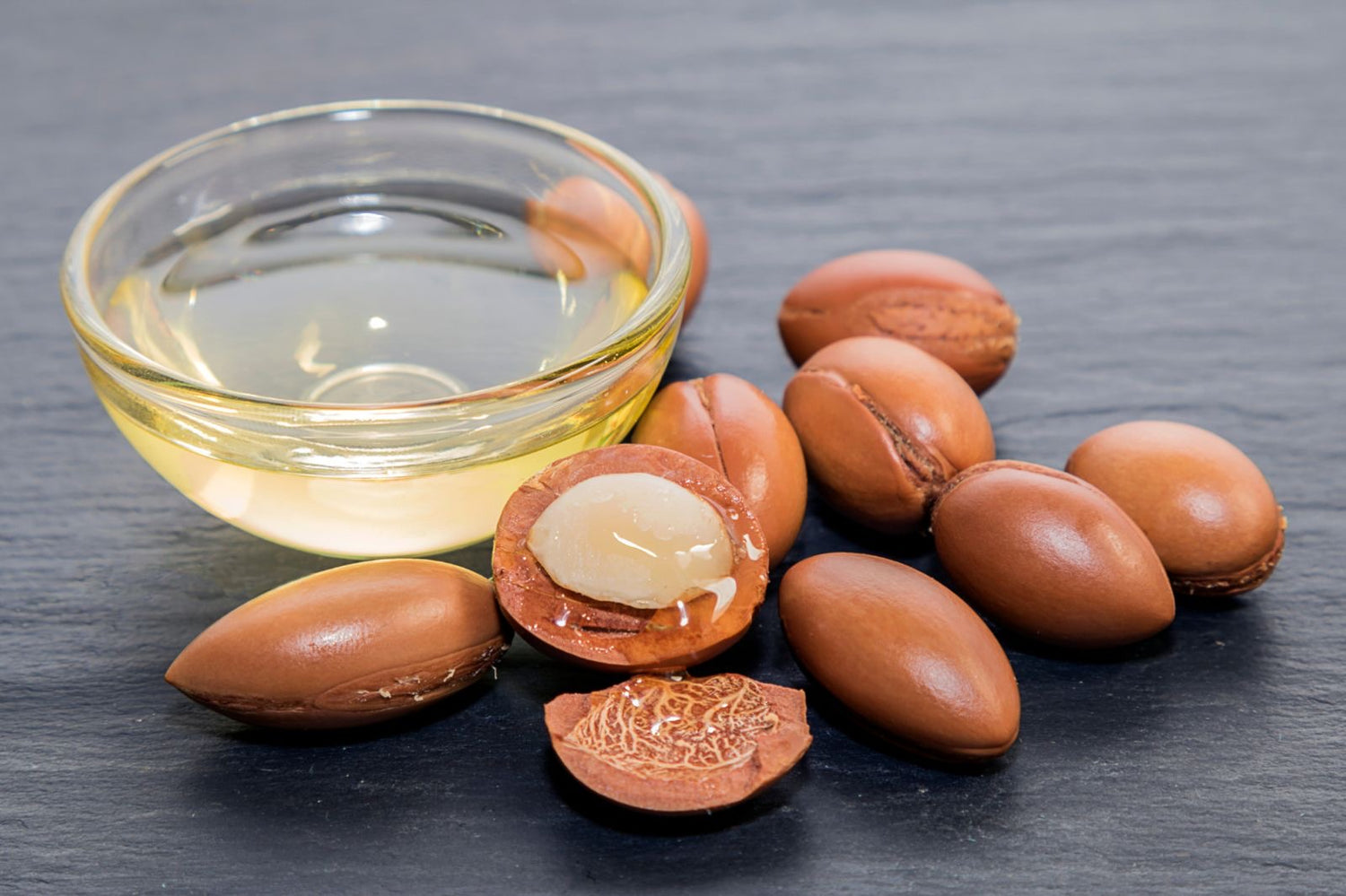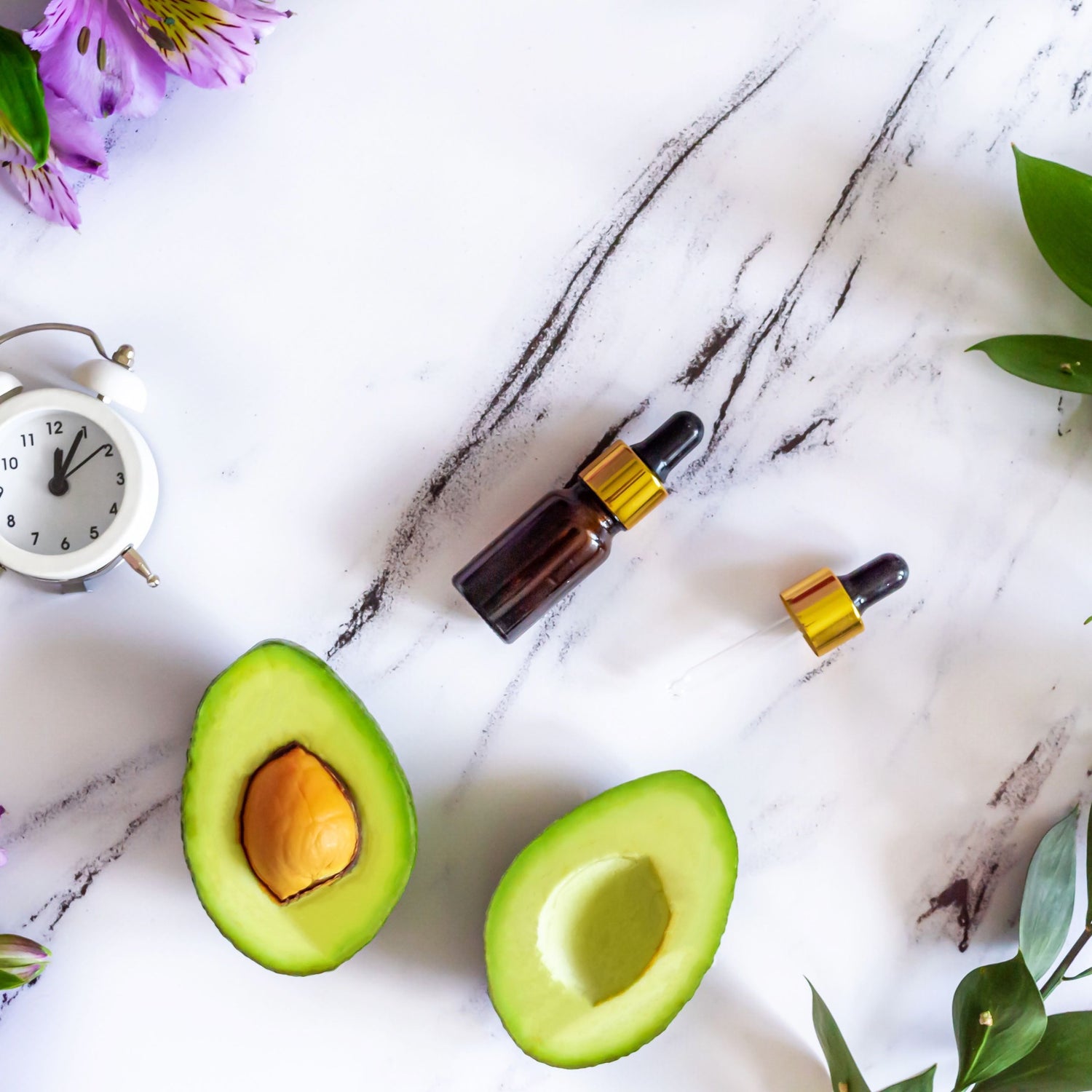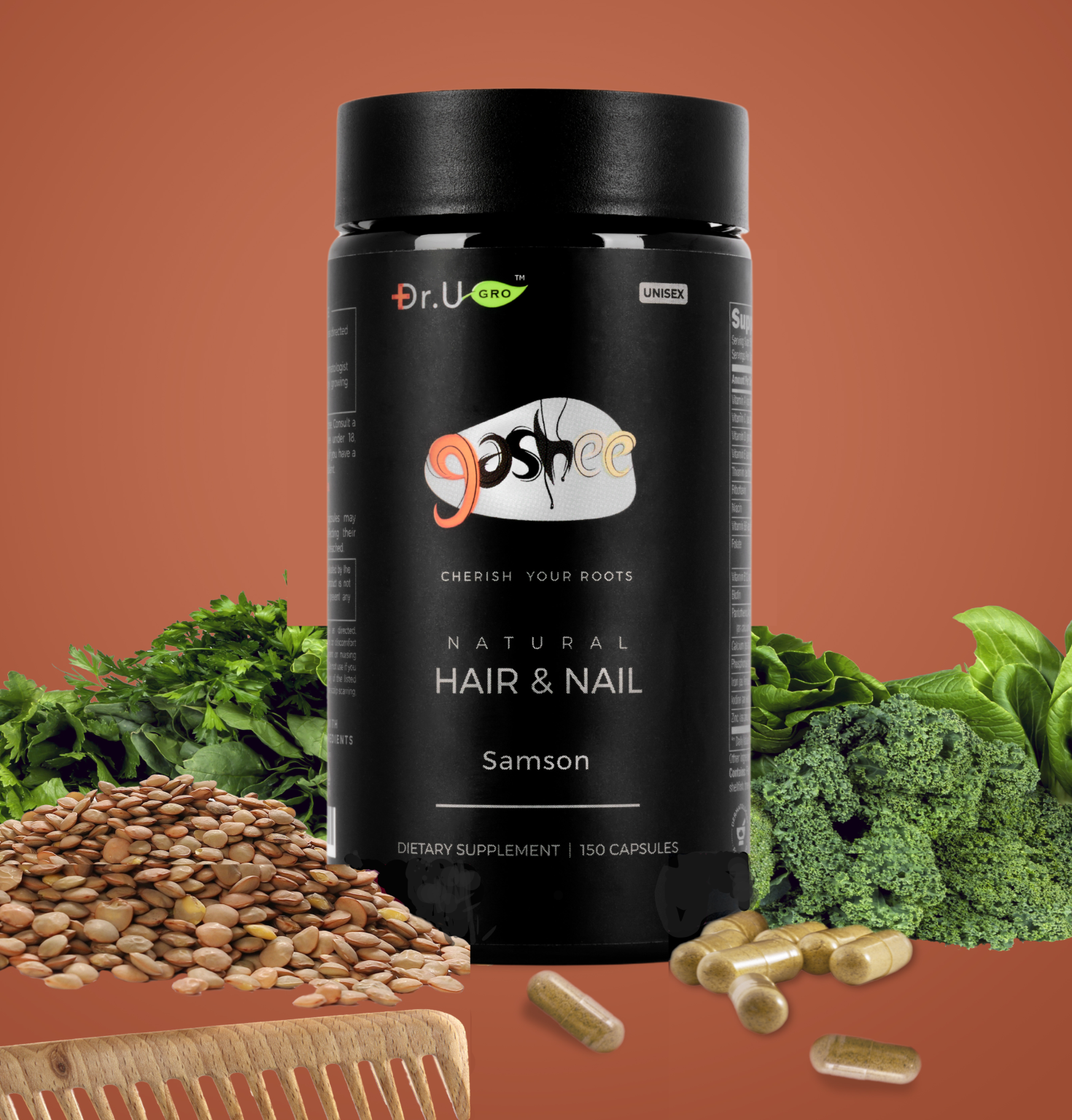The concept of using beauty products sourced from nature is alluring to many women. Intuitively, there’s something that just feels right and satisfying about choosing natural over unnatural products.
Statistics and market forecasts illustrate an immense growth in the demand for beauty products considered natural, green, and organic. According to Future Market Insights, the worldwide market for these types of cosmetics has been estimated at $36 billion in 2019. And it is projected to reach $154 billion by the year 2027.
One explanation is that people are more aware of the potentially hazardous risks associated with many synthetic chemicals. Also, when it comes to picturing natural ingredients, we think of beautiful, vibrant green plants, colorful flowers, and the fragrant aroma of earthy woods and spices. And many of us would obviously prefer to have such essences on our skin and hair, compared to lab-derived compounds. But in reality, many of them don’t seem to work as well as we might like them to.

Improving Our Skin and Hair Using Natural Products - Is This Just A Myth?
Beauty-minded consumers who are drawn to the concept of natural products might eagerly imagine that these treatments would improve the softness, texture, and youthfulness of their skin, as well as the sheen and growth of their hair.
While they might enjoy the experience of using these items in the moment, they may not see the changes that they had hoped for.
Are the benefits of using natural beauty products just all in our imaginations? And are brands simply capitalizing on some type of deep-seated mythical longing within us for more nature and fewer chemicals by using labeling that only offers us hope in a bottle?
Why Many Natural Beauty Products and Cosmaceuticals Do Not Work
The scientific research community is now discovering new findings which support the effectiveness of bioactive compounds derived from plants. But just because a product includes these types of ingredients does not necessarily mean it will be effective. The reason has to do with how all the components are collectively processed and formulated.
The Pros and Cons of Using Heat
Due to the increasing demand for more natural products, many manufacturers are turning away from the use of chemicals to produce a final end result. This is oftentimes the reason why heat is used instead.
Heat works to kill bacteria and other microbes. And secondly, it is also used to create emulsions.
Some liquids, when combined together will have the tendency to separate because they are not soluble with one another. However, heat can be used to produce an even mixture, known as an emulsion to prevent this from happening. Sometimes these processes can use heat as high as 194 F or 90 C.
The downside to using heat, however, is that it will denature proteins and cause vitamins to degrade. It will also alter the potency of compounds or even destroy the original qualities of important bioactive ingredients.
Just because a product highlights certain natural ingredients on their labeling and packaging doesn’t necessarily mean it is better for you, or that it will even be effective. It will be important to take a deeper look and consider how the ingredients of the product were treated.
Heat Alternatives for Producing Truly Natural and Effective Beauty Products
Again, a beauty product simply labeled with natural ingredients will not necessarily improve your skin or hair, especially if it has been processed with heat. So what should you be on the lookout for instead in your search for more true-to-nature products? Here are some helpful pointers.
The Use of Cold Processing and Natural Emulsifiers
Cold-processing, or cold formulation, involves the exclusion of heat that exceeds room temperature in the preparation of natural ingredients. When excessive heat is used, the beneficial components of the plant are destroyed rendering the product ineffective.
The great news is that new advancements in natural product manufacturing prevent the detrimental effects of heat on the actual ingredients. Brands which incorporate the use of these approaches will typically mention this on their labeling. Besides looking for specific ingredients, do some more research and keep your eye out for terms like cold-processing, cold formulation on the packaging or the product website itself.




